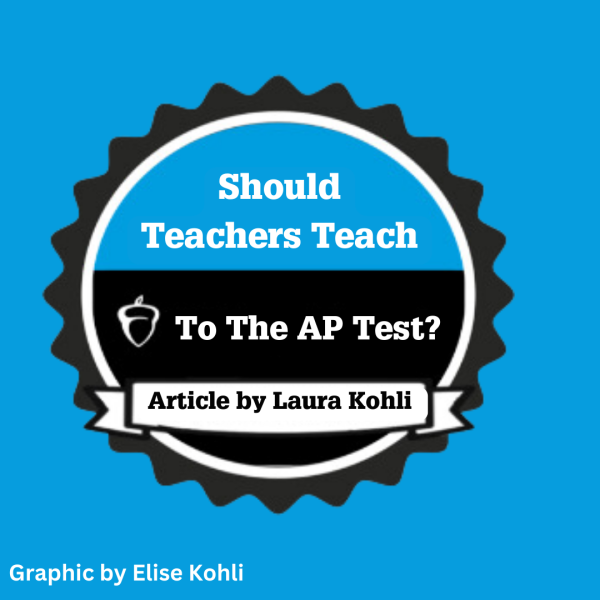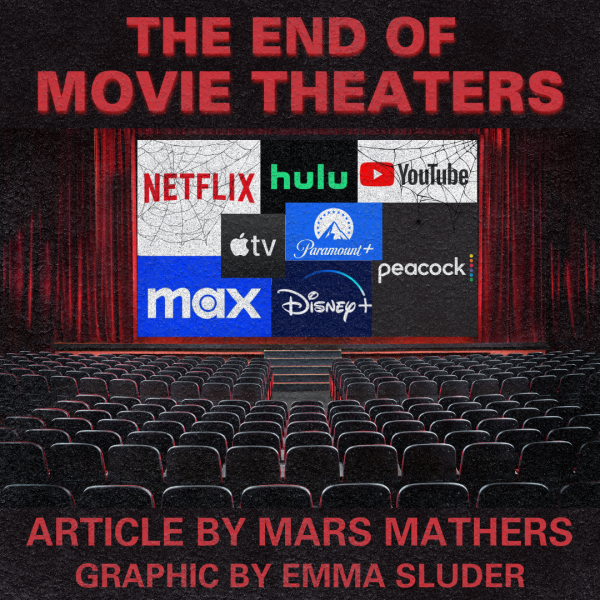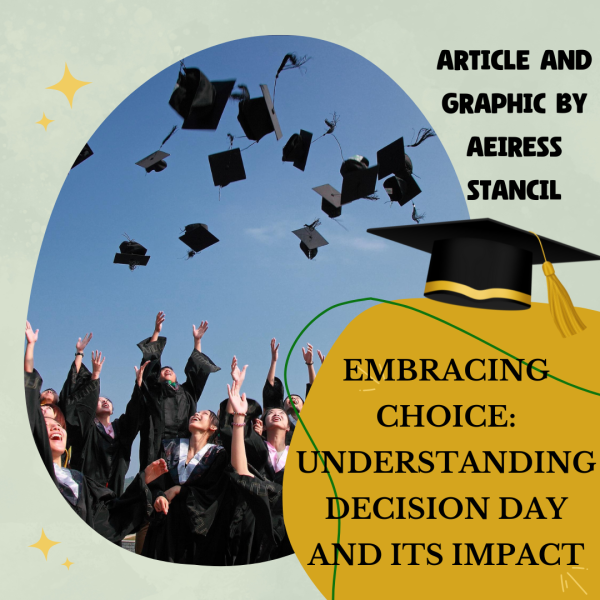As spring gets closer, AP exam season is right around the corner. May is fast approaching and students are fretting over future scores. However, the preparation for these pivotal tests started at the beginning of the school year. As soon as teachers start to plan their class, the AP exam poses a question: teach strictly to the exam, or don’t? Teachers and students alike are split into two factions. On one side, people choose to focus on the system. Grades, AP credits, and GPAs make the AP test matter. But some argue that college credit and GPAs shouldn’t be held in higher esteem than the actual knowledge you’re meant to gain from that class. They make the point that to think critically, to really understand something and learn, the teacher must be unconstrained. I’ve found that the reality of the correct answer to this highly contested question lies somewhere in the middle. Or rather, it lies in a third option.
Let’s start with the pro-AP exam perspective. The AP class exists to give students college credit, an opportunity that is invaluable to students. APLU says, “College graduates are half as likely to be unemployed as their peers who only have a high school degree. Typical earnings for bachelor’s degree holders are $36,000 or 84 percent higher than those whose highest degree is a high school diploma.” Passing an AP exam makes a diploma much more obtainable to students who can’t afford a degree otherwise. College tuition can be cut down using AP credit from high school. It’s simply naive to ignore the reality we live in. Money matters. By denying students a course that will give them the tools to pass the exam, we are denying students an alternate solution. Should we not prioritize the students’ future and, therefore, prepare them strictly for the AP test?
The second side, anti-teaching to the exam, challenges this value. These people ask us to look beyond money or college but rather at the true purpose of education. Mr. Shuford, AP world history teacher, puts it best: “[Teaching to the AP exam] would only be a good idea if your future started and stopped with these tests. But they are a stepping stone…” He defends the value of real knowledge over college credit. Education should be for the sake of learning, as Mr. Shuford says. “Teaching to the test is reducing the point of education almost to the point of absurdity… education is about producing good citizens, good people, especially citizens of the world. And the AP exam does not prepare you for that at all..”
Here, we find ourselves at a stalemate. At the root of these issues is the war between a pragmatic view of a student’s future and an abstract value of knowledge, equating that to success rather than money. An AP exam is emblematic of the system of education we’ve created for ourselves. Whether we are basing students’ success in education on a single test like the AP exam or grades in general, the effectiveness of a standard curriculum and testing is where the real question lies. Take the origins of the AP exam. It’s common knowledge that AP courses and tests are designed by the CollegeBoard. According to their website, AP courses are written by groups of teachers and college faculty meant to keep the classes at the college level. The discrepancy here is that a standardized curriculum doesn’t exist in college. In university level education, professors are given completely free reign to teach however they please.
The AP exam is simply part of the system we’ve accepted. By placing financial benefits on the College credit system, we are misunderstanding the point of education. An exam might be external pressure enough to make you memorize names or some dates, but only genuine passion for a class can give you a true understanding of concepts that will help you in the real world. Real interest and learning don’t come from the CollegeBoard’s reductionist system. I would ask you to look beyond the diplomas and grades, but it never is that simple. As reductionist as CollegeBoard’s system may be, it is what dictates our higher education, which in turn controls our future. But education doesn’t have to be, and should not be, a game we play. To be an educated person, a “global citizen” as Mr. Shuford says, is a gift far more valuable than a college credit. So this May, I recommend looking past GPAs and AP exams and remembering the real purpose of our education: to learn.








